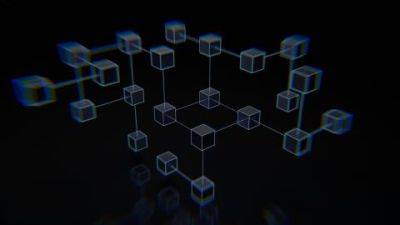R3 Highlights the Transformative Potential of Tokenization in Finance
The Promise and Challenges of Tokenization
Tokenization, the process of converting real-world assets into digital tokens on a blockchain, is poised to revolutionize the financial industry, according to R3. It promises benefits such as access to new markets, product innovation, and better liquidity management. However, the technology faces hurdles like regulatory compliance and the lack of industry standards.
Regulatory Hurdles
The banking industry faces challenges in dealing with tokenized deposits and public chains. Basel rules impose exposure limits on crypto assets, requiring strict adherence to compliance guidelines. Regulatory sandboxes like the EU's DLT Pilot Regime and the UK's FMI Sandbox offer some relief by providing a controlled environment for experimentation.
The Need for Collaboration
For tokenization to succeed, there must be close collaboration among government agencies, financial institutions, and technology providers. R3 and Adhara have launched the Hyperledger Lab, Harmonia, to facilitate open conversations around enterprise blockchain interoperability and industry standards.
Implementing the Right Protocols
The financial world is on the brink of a digital transformation, with $5 trillion in assets potentially being tokenized in the next five years. Implementing the correct tokenization solutions and frameworks, such as control location services and custody frameworks, is crucial for this transition.
A Digital Future for Finance
Tokenization is not merely a trend but a transformative force that will continue to shape the future of finance. It has the potential to democratize investment opportunities, improve cost efficiency, and enhance collateral management. However, overcoming
Read more on blockchain.news






















